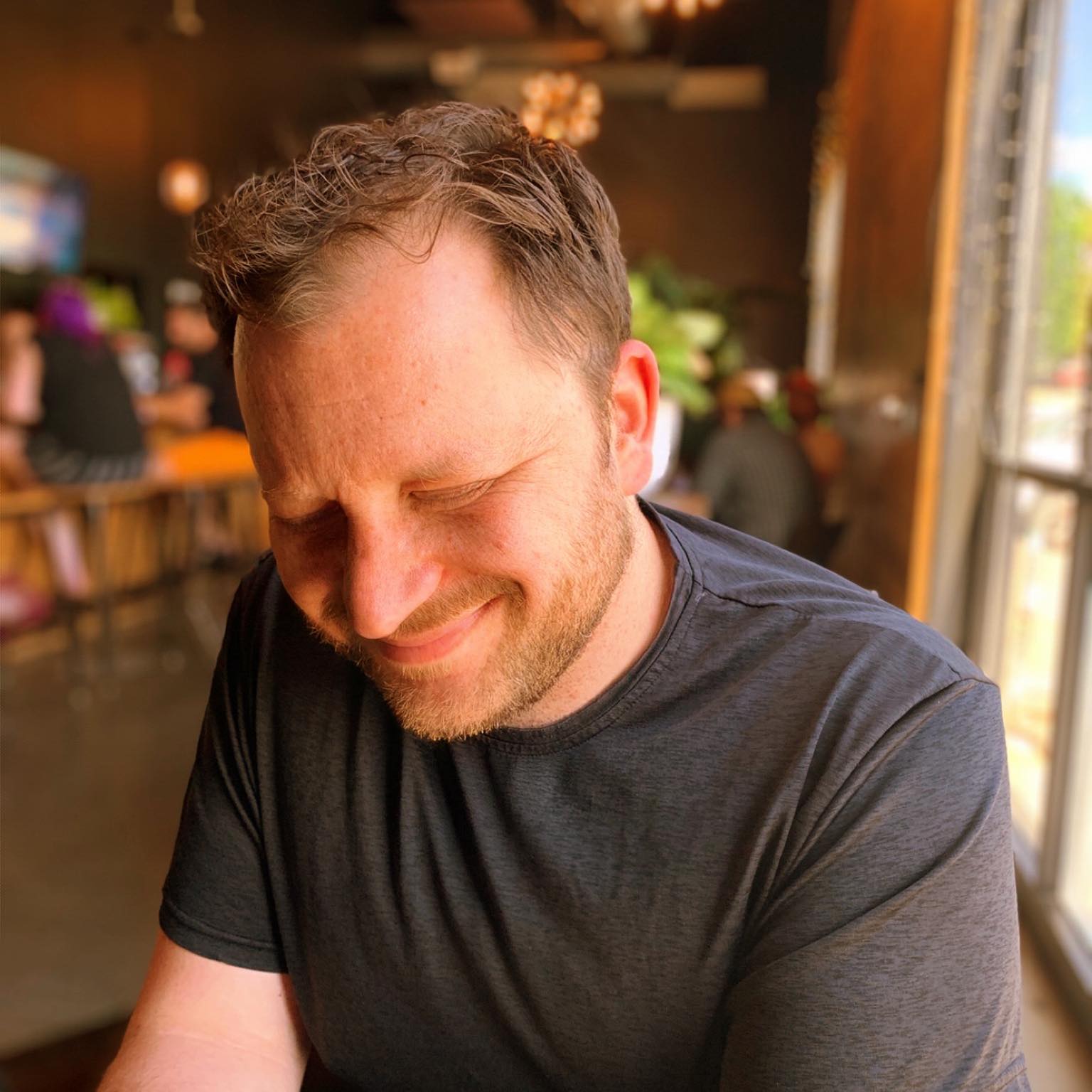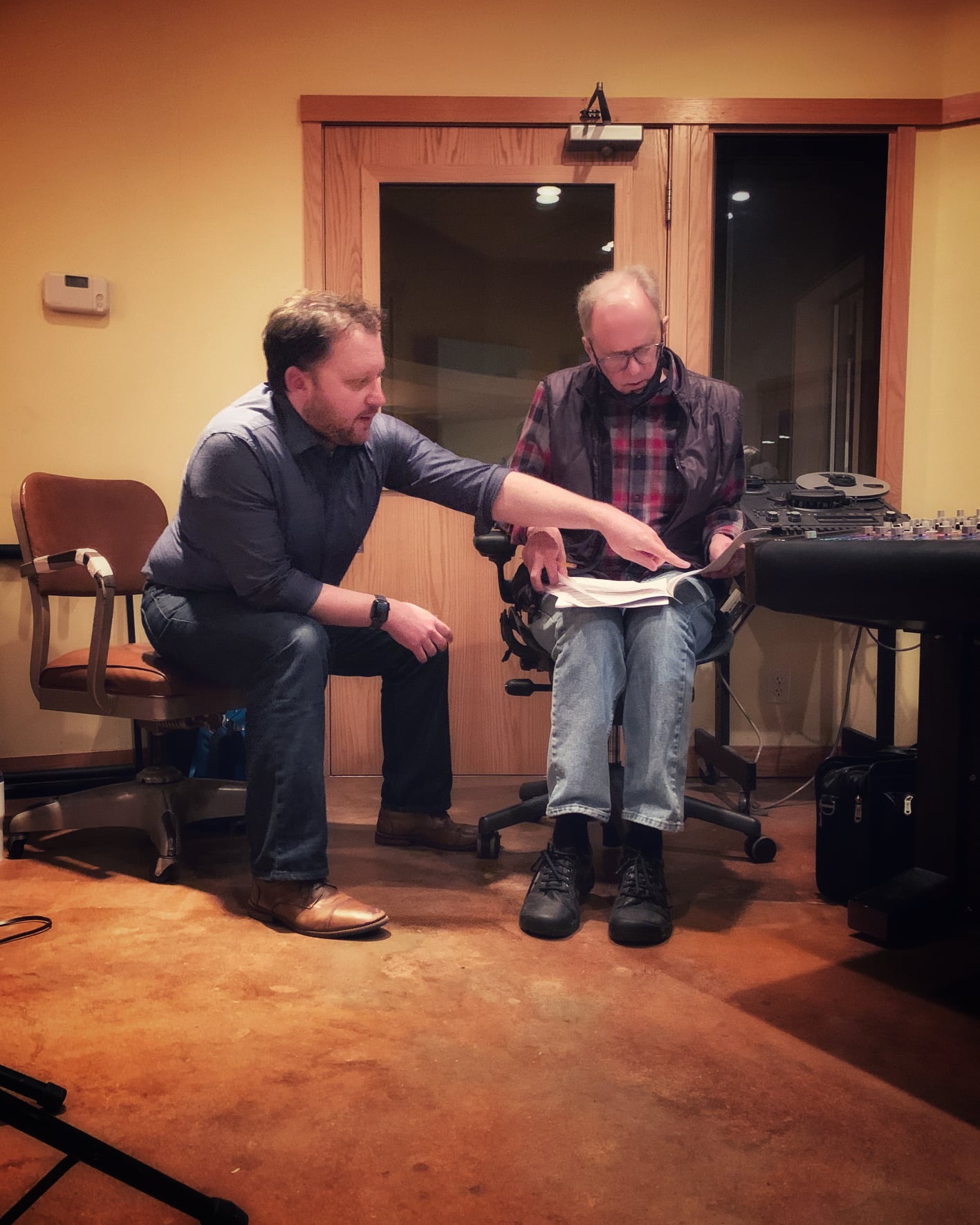We were lucky to catch up with Greg Simon recently and have shared our conversation below.
Greg, thanks for taking the time to share your stories with us today Has your work ever been misunderstood or mischaracterized?
I feel like my work is actually easy to mischaracterize because I occupy something of a peculiar spot in the music world. I’m trained exclusively as a composer of concert music, and I’m a professional jazz performer. This dichotomy is deeply important to me and heavily impacts my musical work, but it also leads to confusion because these two traditions are still relatively segregated. There are absolutely great jazz musicians writing concert music, but they often carry the label of “jazz composer” with them when they enter concert spaces. I’ve never wanted that label for my work, but that hasn’t stopped critics, audience members, and occasionally colleagues from making certain assumptions about it.
I remember in particular one concert review that referred to me as a “jazzman” when discussing one of my pieces, before going on to suggest I would do well to study more Copland — as if Copland hadn’t been a core influence of mine for some fifteen years prior! The subtext (as I read it) was a belief that you can either be an accomplished, studious composer or an accomplished, studious jazz musician, but not both; and anyone who’s accomplished in one direction must be a dilettante in the other. That’s a message I’ve gotten in some form my whole career, not just from critics but from well-meaning friends and mentors too: focus on jazz or on concert music, because trying to do both will hobble your skills in either direction.
Whether that was good or bad advice, I could never stop writing concert music or performing improvised music, for the simple reason that if I wasn’t doing both, I wouldn’t feel inspired to make much music at all. So I stubbornly continued to work hard at writing the best music I could, and concurrently, I sought out all of the opportunities I could as a jazz musician. In retrospect, that was the right decision. As an artist, the way the two traditions interact inspires me and leads to (I think) some of my most original music. As a professional, my versatility is everything: I make money as a performer that keeps me afloat in between commissions for new compositions, and my work at the University requires that I’m able to talk equally fluently with concert musicians and jazz musicians. Without stubbornly tuning out the negative feedback for doing both, I’d be in a very different place professionally — maybe even a non-musical one.

Greg, before we move on to more of these sorts of questions, can you take some time to bring our readers up to speed on you and what you do?
I’m a composer of concert music and a jazz trumpeter. My concert work has been performed around the world, by ensembles including Alarm Will Sound, the Moscow Conservatory Sinfonietta, the Esoterics, and the Ju Percussion Group. As a performer, I keep a busy schedule as a freelancer and for my own projects — I’ve performed with the Temptations, the Nebraska Latin All Stars, the Marcus Lewis Big Band, and others.
I’m Associate Professor of Music at the University of Nebraska-Lincoln, where I direct the composition program and lead the top jazz ensemble (the UNL Jazz Orchestra), and I’m on the artist-faculty at the Brevard Music Center. Additionally, I offer career coaching to artists who are seeking academic jobs, helping to demystify the job search and make sure that job seekers are showing their best selves with their applications/portfolios.
My artistic work comes from a myriad of different influences, but perhaps its core motivation is figuring out how the concert music tradition can integrate with other ways of thinking about music. In addition to jazz, I draw on Chilean music, Balinese gamelan, funk and pop music, and other traditions; rather than reaching for the easy signifiers of a tradition (swing eighths in jazz, for example), I try to distill the tradition to the creative strategies that build it, and reimagine them in a musical context.

What can society do to ensure an environment that’s helpful to artists and creatives?
More than anything, I’d like to see local scenes treasure their own local artists more. In musical spheres, it’s easy for the bulk of attention to be paid to national-level artists, most of whom are based in major cities. Almost all of these musicians are incredible in their own right, but it can lead to this monoculture where a handful of artists get a tremendous amount of opportunity and audiences/organizations neglect the creatives in their own backyard — often the ones who are most in touch with the community they serve.
I don’t know that there’s a single solution to this problem, because every community is different. In some areas, a different approach to curation at the museum, orchestra, etc. might be all that’s required. In others, it may be a matter of making more spaces accessible for local artists to perform or exhibit. I think the first step in any case is rethinking the role artists and arts presenters play in a community, and making the amplification of local voices a greater priority.

For you, what’s the most rewarding aspect of being a creative?
It’s twofold, really. First, I love that every day of my work week consists of something completely different. Every day is a different mix of solving musical problems in my writing; practicing my instrument and my creative strategies for improvisation; and helping students confront their own artistic issues. Because my work all centers around creativity and not just musical skill, I don’t ever know what a day is going to bring until it happens. It makes me excited to get to work and discover what’s coming.
Secondly, I love that no matter how long I work as a musician, I’ll never be done growing. Part of the reason I gave up classical performance was that I knew that once I reached a certain level — for example, once I had the technical chops to play Carnival of Venice — I would get bored and lose my motivation to keep playing. I worried that once I was atop the most difficult mountains, I’d lose interest. But in creative music-making, there is no most difficult mountain. It’s definitionally impossible to write the “best” music or play the “best” improvisation — every creative work is a document of the artist’s emotional and mental space in that given moment. The assurance of change, of unpredictability, means that there’s always a new challenge waiting for me in the next project or performance, and that keeps me fired up to make art.
Contact Info:
- Website: https://www.gregsimonmusic.com
- Instagram: @gregsimonmusic
- Facebook: @gregsimonmusic
- Linkedin: @gregsimonmusic
- Soundcloud: https://soundcloud.com/gregsimonmusic

Image Credits
Jodi-Renee Giron


